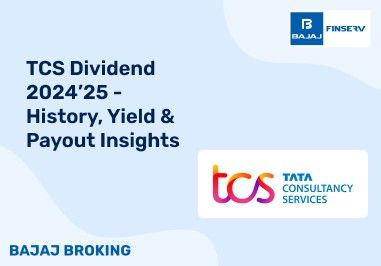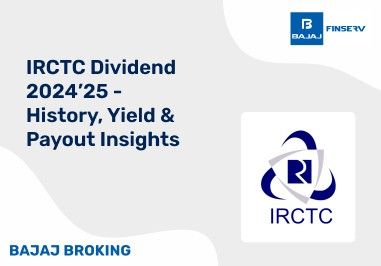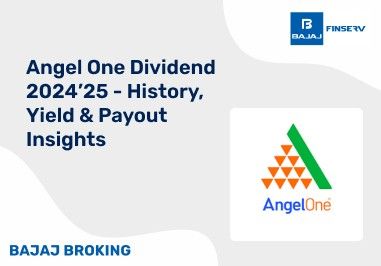How is an IPO priced?
Any private company going public undergoes a process called Initial Public Offering (IPO), where shares are issued to retail investors for the first time. One of the critical aspects of an IPO is the IPO offer price.
Pricing an IPO’s shares appropriately is important to attract investors and ensure a successful launch. Too low, and the company will dilute its shareholding and be unable to raise enough capital. Too high, and investors will hesitate to invest.
In this article, we will discuss how is share price determined in an IPO, its risks, and evaluation methods.
Understanding an IPO Pricing
When a company decides to go public and offer shares to the public, it first needs to determine the price per share to launch its IPO. The IPO offer price can be either fixed or within a price band determined via the book-building process.
For fixed price issues, underwriters simply select a price at which investors must purchase shares. However, for book-building issues, a price discovery must take place. Investors submit their bids within a certain price band during the time the IPO is open. At the end of the bidding process, the company will determine a cut-off price at which it sells its shares.
To determine the optimal price, IPO issuing companies collaborates with financial institutions and experts who employ various methods to determine a fair range of prices. This process is involves finding a balance between the valuation a company wants and the perceived value of its shares. Merchant banks appointed by the company determine its IPO price based on various factors.
Additional Read: Pre-IPO and Post-IPO Shares
Deciding the Final IPO Offer Price
When a company decides to go public, it must first hire underwriters to determine its proper valuation. To determine the company's value, underwriters evaluate different factors like:
What are the market conditions
How many people want to invest?
How similar companies are valued?
What assets and liabilities does this company own?
Understanding these factors helps underwriters decide how much they should sell the company's shares for. This price needs to be fair and attractive to investors. It also needs to include a fee for underwriters and any expected changes in the share price on the first day of trading.
Factors Influencing the Pricing of an IPO
Various factors can influence an IPO’s offer price. They are –
The company's growth prospects
Financial health
Industry trends
Market sentiment
The strength of the company's management team
Competitive positioning
Number of stocks being sold
Potential for future earnings growth
The company's brand recognition and values
Its growth story and potential to disrupt the market
The overall state of the stock market, prevailing interest rates, and investor demand for similar offerings play a significant role in determining the IPO price.
Risks of Investing in an IPO
Investing in an IPO can offer substantial returns but is not without risks. You as an investor must carefully evaluate the company's fundamentals, competitive landscape, and growth potential. Some risks involved include:
Possibility of overvaluation
Lack of historical performance data
Unpredictability of public market reactions
Potential for market volatility impacting the stock price shortly after the public offering
Pricing an IPO is a complex process that requires careful consideration. Companies and investment banks collaborate to strike a balance that maximises capital raised while attracting investors. Understanding the factors influencing IPO offer price, as well as the risks involved, empowers investors to make informed decisions.
Before investing, conducting thorough research, considering the company's fundamentals, and seeking professional advice are essential factors to mitigate risks and enhance the potential for long-term gains. You can do your due diligence on our website as we provide all the necessary details of upcoming IPOs.
Disclaimer: Investments in the securities market are subject to market risk, read all related documents carefully before investing.
This content is for educational purposes only. Securities quoted are exemplary and not recommendatory.
For All Disclaimers Click Here: https://bit.ly/3Tcsfuc












